BEER AND THE GOOD LIFE
[This is my contribution to The Session #139, which I had the opportunity to host. See the full Round Up of links to posts from beer bloggers from around the world here.]
Life is suffering. Have a beer.
Buddha wasn’t wrong when he said that life is suffering. The question is, what should we do about that?
The slings and arrows of misfortune that befall us in this life—much too frequently, if you ask me—are enough to cause anyone to doubt whether a good life is even possible. From stubbing your toe to acid reflux, from personal slights to massive structural inequalities in society, from insanely bad leadership to massacres of school children…. Well, no wonder Hamlet questioned whether it wouldn’t be best to simply end it all.
But there is another, better way. Or ways, probably.
We are what we are: weak, mediocre creatures whose evolution and upbringing make us far less than we would wish to be. But we just are what we are, and it is folly to expect ourselves to be what we cannot be. We are beings who do not thrive when constantly stressed; animals who need food, shelter and safety. Yes, but maybe even more than that, to be fully human we need companionship and belonging and enjoyment. A distraction from the ills of the world and a chance to recharge; a connection, a community, some modest pleasure. That’s where beer can come in.
There is a theory you may have heard of, nicknamed “Beer before Bread.” No, it is not a new fad diet, it is an anthropological explanation that says humans first began to give up the nomadic hunter-gatherer lifestyle in favor of agriculture and permanent settlements in order to grow grains so they could make beer — rather than beginning farming so they could make bread, the standard theory. If correct, that means beer is responsible for civilization, a conclusion that rings true to me. Maybe that’s just believing something because I like the idea rather than because I have evidence to support it. But still. At the very least, beer and civilization as we know it really got going around the same time, about 5000 years ago, and they’ve been together ever since.
This points to something important: There is a deep connection between being a human, living in a society, and enjoying what beer can give us. It might be too strong to say that that’s what humans are for, or that that is what defines us as human. But it might not be too far off.
The ancient Greek philosopher, Epicurus (341-270 BC), espoused a view a lot like Buddha’s, really. Epicurus said that we should aim to live tranquil lives, through peace, freedom from fear, and absence of pain. Everything is just atoms in the void, and death is our final end. In the meantime, we can live well by being self-sufficient and surrounding ourselves with friends. Part of avoiding suffering is having the right attitudes. For example, he famously said, “Death is nothing to us,” by which he meant that we should not fear death because when we die, we end, and we won’t be there to think or feel anything. We can’t suffer after we die, just as we didn’t suffer before we were born. This brief span of consciousness is where all the suffering happens, baby! But also, all the pleasure, and all the value and all the goodness that can come from being a sentient living creature. It is a rare and special thing, in this vast and apparently almost lifeless universe, and we shouldn’t waste it.
We can, according to Epicurus, maximize the goodness of our lives by realizing that many of our destructive feelings and behaviors come from a sort of attachment to our fear of death. Once we stop fearing death, we avoid causing a lot of pain for ourselves and others. This, I think, is not a bad explanation of why some people sometmes “go crazy” with drinking too often and too much, where they black out and cause harm to themselves and others. Chronically drinking to excess like this to avoid our problems is probably not the best approach since it doesn’t lead to what we want: we don’t end up happy and rather than avoiding death, we die sooner.
So, in striving for an absence of pain, Epicurus points out, what we should be aiming for is a state of tranquility and satiation (a state of having our needs being pleasantly satisfied, not a state of excess). Kind of like that perfect buzz, instead of getting wasted. Epicurus thought this state of tranquil satiation was so important that he said,
It is impossible to live a pleasant life without living wisely and well and justly, and it is impossible to live wisely and well and justly without living pleasantly.
Notice that living a just life (where you do not harm others and they don’t harm you) is intimately linked with living a pleasant life. The good life is a complex thing, involving our moral relations with each other, our societal structures, our habits and circumstances, our needs and desires being met, and achieving a state of tranquial satiation. Epicurus has unfortunately sometimes been understood to be telling us to live a life of excessive, shallow hedonism. I think his view is a lot deeper than that. Living pleasantly — moderately enjoying pleasures like food and drink, intellectual pleasures, aesthetic pleasures, and so on — requires also behaving morally towards others, minimizing the pains we cause them, being a good companion, and so on. If your love of beer (or any other pleasure) ever pulls you away from living wisely and justly, too, then it is time for a course correction.
For Aristotle (384-322 BC), living a virtuous life means doing the right thing, in the right way, toward the right people, at the right time, with the right feelings, for the right reasons. The “right” way he identified as a state in between “too much” and “too little.” The Goldilocks zone, you might say. This means that moderation is the key to the good life. Aristotle is as against complete abstinence from pleasure as he is against excessive pleasure. He would say the same about any emotion — fear, anger, love, grief, or whatever.
This is perhaps also a helpful way to think about beer. Too much beer is too much; not enough beer is not enough. But “too much” and “too little” are going to change depending on the circumstances and the person. For an alcoholic, probably there is no such thing as too little beer; same for a child, or someone who is sick, and so on. It ends up being a matter of judgement, and choosing with the intention of finding the right amount for you in the circumstances. This is hard; we will sometimes make mistakes. But as Aristotle says, we are what we repeatedly do. Our character is formed by our habits.
For me personally, and I suspect also for many craft beer lovers, the point of drinking is not to be drunk. Rather, it involves the aesthetic pleasures of aroma, flavor, mouthfeel, appearance, and so on. Add to this the pleasures of friendship and community, too. John Stuart Mill (1806-1873) held the view that aesthetic, intellectual and moral pleasures are the “higher” pleasures that make us distinctively human (as opposed to the “lower” merely bodily pleasures of animals). Mill asserted that it is our moral duty to maximize the total amount of pleasure in the world. I think this is perhaps one reason why some of us craft beer lovers become offended by mass-market industrial beer: It seems to us to involve lower pleasures than humans ought to be interested in. Cheap beer cheapens the drinker, you might say.
In a significant sense, the philosophers I have mentioned here could be interpreted as telling us that we have a moral duty to enjoy the pleasures of life. That’s not to say that you MUST drink beer. But having something from which you derive such pleasures — maybe it is tea, maybe it is chocolate, whatever — does seem to be required on this way of thinking. It is part of living a full and fulfilled life. For me, that is a role played by beer. (And chocolate. And food. But mostly beer.)
You aren’t failing at life if you haven’t figured it all out. Probably, no one has, not even the famous philosophers. The only failing is not trying to figure it all out. The striving is the point; the journey, not the destination; the quest to make yourself and the world, better. Let’s have a beer and talk about it.
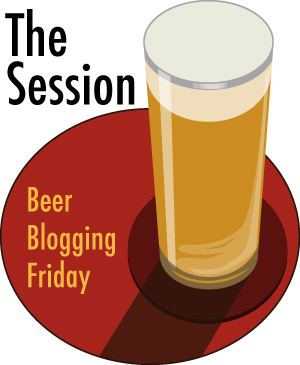
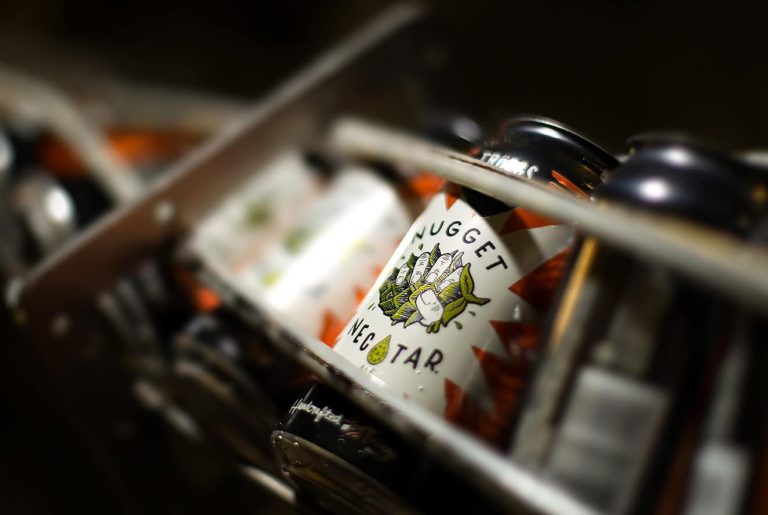
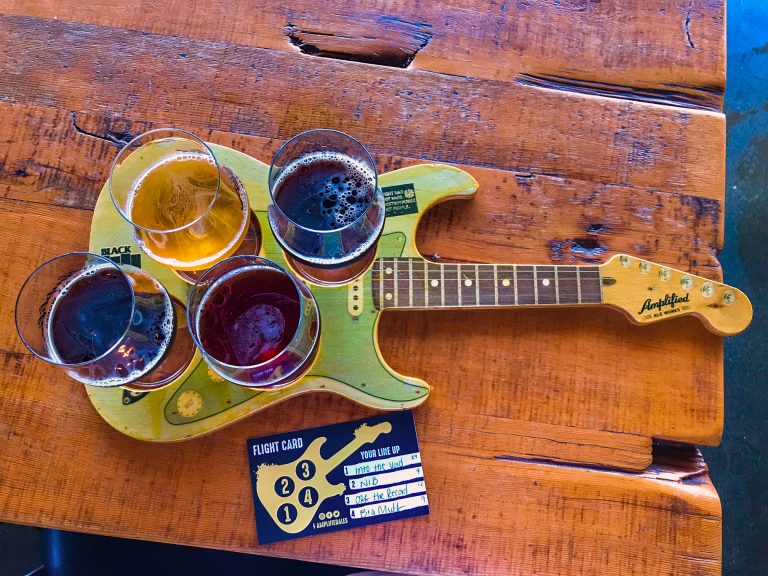
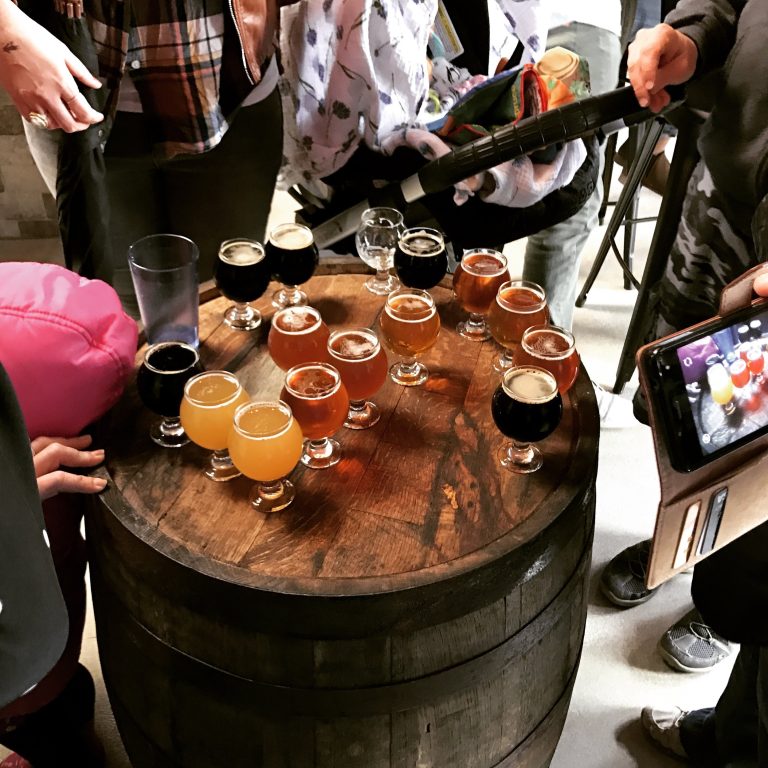
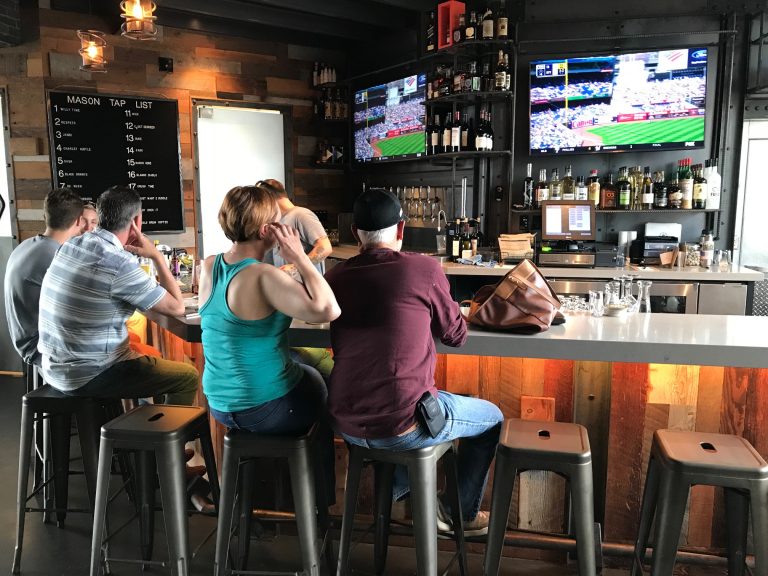

![Benchmark Brewing Company, Grantville [CLOSED]](https://beermaverick.com/wp-content/uploads/2016/11/IMG_0114-768x850.jpg)